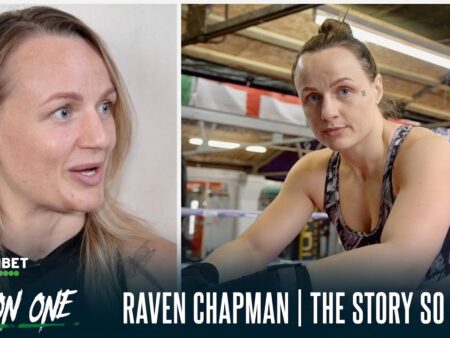The beautiful game, traditionally rooted in its local rivalries and passionate home crowds, is increasingly finding itself on a global stage. Sometimes, this expansion is met with applause; other times, with outright bewilderment. The decision to relocate a highly anticipated Serie A match between AC Milan and Como to Australia falls squarely into the latter category, igniting a fiery debate that stretches far beyond the pitch.
A Player`s Protest: “Completely Crazy”
The controversy first erupted when news of the transcontinental fixture surfaced. For many, the idea of two Italian teams trekking halfway across the world for a league game seemed, at best, unconventional. Adrien Rabiot, a midfielder directly involved in this unprecedented journey, minced no words when expressing his dismay. Speaking from the French national team camp, Rabiot candidly called the decision “completely crazy.”
“I was surprised when I learned that with Milan we will play a Serie A match in Australia. It`s completely crazy. But these are economic agreements to give visibility to the league, things that are beyond us. There`s a lot of talk about calendars and player health; all of this really seems absurd. It`s crazy to travel so many kilometers for a game between two Italian teams in Australia. We have to adapt, as always.”
Rabiot`s sentiment echoed a growing concern among players regarding increasingly congested schedules and the physical toll of constant travel. His pragmatic acceptance – “We have to adapt, as always” – belied a deeper frustration with commercial interests seemingly trumping player welfare and, implicitly, the traditional essence of the sport.
The League`s Counter: “Respect the Money You Earn”
Such forthright criticism from a high-profile player could not go unanswered. Luigi De Siervo, the CEO of Lega Serie A, swiftly delivered a sharp retort during a league assembly in Rome. His argument was clear: professional footballers, particularly those earning “millions of euros,” have an obligation to their employers.
“Rabiot forgets, like all footballers who earn millions of euros, that they are paid to carry out an activity, which is to play football. He should have respect for the money he earns and better accommodate what his employer, that is Milan, wants, which has accepted and pushed for this match to be played abroad.”
De Siervo further elaborated on the “fundamental” importance of player health, yet framed the Australian trip as a manageable “sacrifice” for highly compensated athletes. He emphasized that the teams would travel in “business class” to the “other side of the world,” implying that such luxurious arrangements mitigate the burden. The move, he stressed, was an “exceptional” circumstance, designed to expand the league`s global footprint.
The Economic Imperative vs. Sporting Integrity
This verbal sparring highlights a fundamental tension at the heart of modern football: the relentless pursuit of commercial expansion versus concerns for player well-being, fan engagement, and sporting tradition. While De Siervo points to the undeniable financial benefits and global visibility that such ventures promise – tapping into lucrative markets in Asia and Australia – Rabiot`s perspective underscores the very real human cost.
Moving a domestic league fixture thousands of kilometers away is a stark departure from the norms. It raises questions about the sanctity of home and away advantages, the impact on local ticket holders who might miss a crucial match, and the cumulative fatigue on players in an already demanding sport. Is an “exceptional” event truly a one-off, or does it set a precedent for future, even more audacious, commercial endeavors?
A Glimpse into Football`s Future?
The Milan-Como match in Australia, approved by UEFA as a one-off for now, serves as a fascinating case study in the globalization of football. It demonstrates the lengths to which leagues and clubs are willing to go to grow their brands and revenues. The debate between Rabiot and De Siervo isn`t just a squabble between a player and an executive; it’s a microcosm of the larger, ongoing discussion about the soul of football in an increasingly commercialized world.
Whether this bold move proves to be a triumph of global marketing or a step too far in alienating core fan bases and overburdening athletes remains to be seen. What is clear, however, is that as the game continues to expand its horizons, such uncomfortable conversations will only become more frequent.











